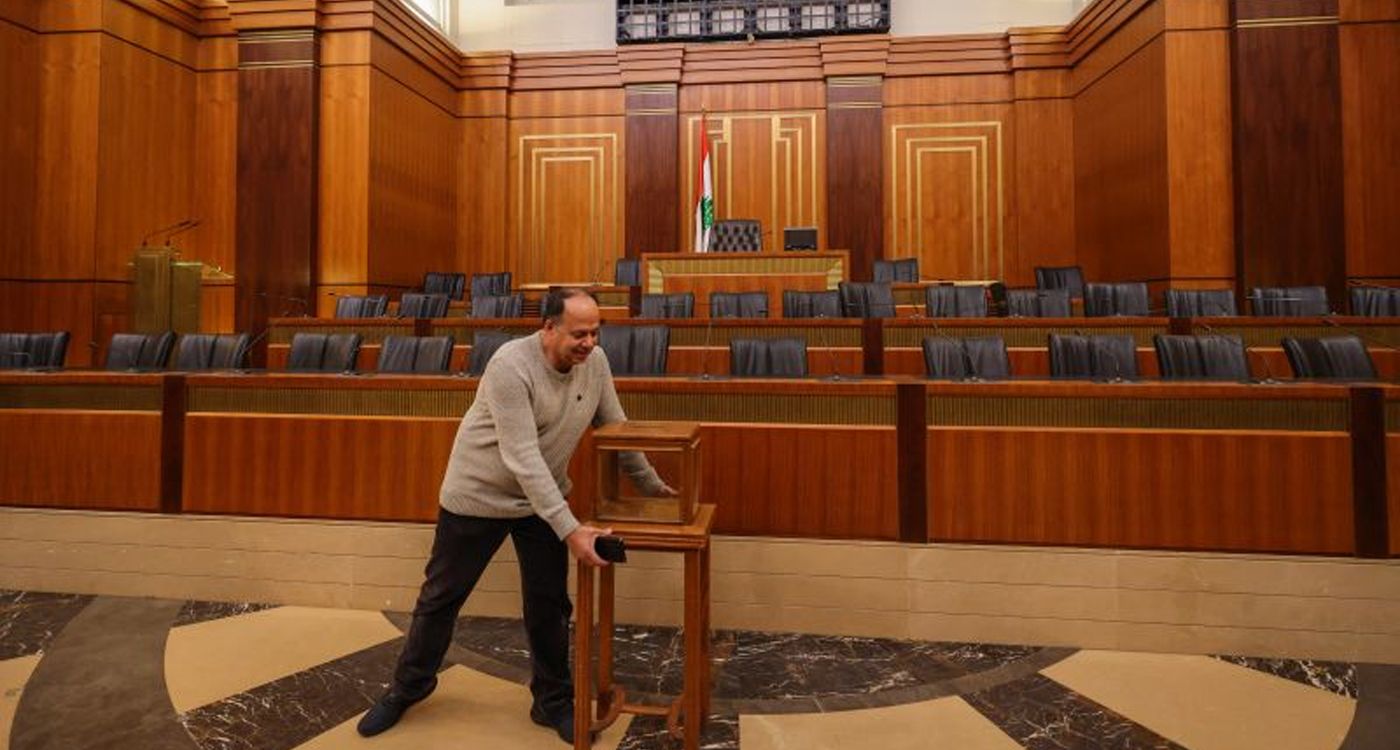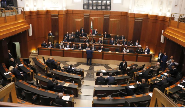
The moment of truth is upon us—the time for decisive choices and a critical turning point for the country. Regardless of the outcome of the January 9 election, the election of Lebanon's 14th president presents a historic opportunity to claim the country’s rightful place in the emerging regional order.
The new president will immediately face the daunting task of capitalizing on the momentum created by the shifting balance of power in the Middle East. After more than two years (just over 26 months) of presidential vacancy, Lebanon faces monumental challenges.
While executive power has been held by the Council of Ministers since the Taef Agreement, in accordance with the Constitution, it is undeniable that the President of the Republic holds the potential to be the driving force of the regime. With his political stature and influence, the president has the potential—and the responsibility—to steer the country toward a new direction.
A key decision must be made early on, as it will set the course for the next six years: Will the president content himself with merely managing the ongoing crisis, working with those who have long sought to destabilize and dismantle the state and the foundations of the Republic? Or, will he take a bold stand against these forces, aligning Lebanon with the new regional order, and working to restore strong ties with Arab countries, particularly the Gulf states, and the international community?
A large majority of Lebanese clearly hope the new president will choose the latter path. However, to tackle the major challenges ahead and neutralize those who have systematically undermined the country’s stability, the president will need strong support from the Lebanese people, key political forces in the country, and the international community. Only with such broad backing will he be able to confront the herculean tasks that lie ahead.
The first major challenge the new president will face is the appointment of a prime minister and the formation of a government fit for the task and capable of addressing the pressing local and regional challenges. While the process will depend largely on the stance of parliamentary blocs, it is crucial that the pro-sovereignty factions, alongside with those opposing Hezbollah’s agenda, leverage their influence to ensure that the new president can work in tandem with an executive branch committed to leading the country towards recovery and stability.
The formation of the government is a decisive step for immediate actions the president will need to take in the near term. While the allocation of key ministries is undoubtedly important, the overall makeup of the cabinet will be even more critical, as it will shape another delicate issue: appointments to most critical and sensitive high-level positions.
For the new regime to begin its monumental task, it must swiftly appoint trusted individuals to the country’s most sensitive and pivotal roles, such as the command of the army, the leadership of General Security, the Army Intelligence Directorate, the State Security Directorate, and the governorship of the Central Bank of Lebanon. Additionally, restoring integrity to the judicial system and overhauling senior judicial appointments are of utmost importance. These positions can no longer be subject to political bargaining or clientelist deals. Properly filling these positions is crucial for enabling the president to tackle another crucial matter: the full implementation—without delay, political maneuvering, or convoluted interpretations—of the November 27 ceasefire agreement.
The document that “suspended” the armed conflict initiated by Hezbollah on October 8, 2023, clearly calls for the disarmament of the Iran-backed group across all Lebanese territory—not just south of the Litani River. It also demands for strict control of all borders to prevent the smuggling of weapons and ammunition to local militias, and prohibits the production of any kind of weaponry within Lebanon. The effective enforcement of these United Nations resolutions will undoubtedly be the most challenging task for the president. With the oversight of the international community, Lebanon must transition from a militia-dominated state to a unified sovereign, centralized state capable of restoring national stability and unity.
Once the military and security hurdles have been overcome, the new regime will need to focus on another equally pressing task: the economic and financial recovery of Lebanon, particularly addressing the banking sector’s acute crisis in a way that preserves deposits without causing the collapse of existing financial institutions. This mission will require an essential and unwavering fight against rampant corruption and the mismanagement of public funds, as well as a complete overhaul of the public administration, which is burdened by an excess of underperforming and unproductive civil servants.
Addressing the socio-economic stagnation that has persisted since at least 2019 must also be paired with another vital priority: the reconstruction of villages that were completely destroyed during the war launched by Hezbollah against Israel, alongside facilitating the return of displaced citizens to their homes. Funding this extensive operation will require, as a first step, restoring and strengthening Lebanon’s relations with Gulf States and key international players, particularly the United States and the European Union.
The series of devastating crises impacting the Palestinian territories, southern Lebanon, and Syria in recent months—crises which could potentially spread to other areas in the region—have placed Lebanon and the wider region at a true crossroads. The election of a president who is genuinely committed to the common good, believes in state institutions, and recognizes the stakes at play on the regional scale offers Lebanon an unprecedented opportunity for recovery. It is now up to the country’s vital forces to rise to the challenge, fulfill their national responsibilities, and, for once, seize this rare opportunity for real change.




Comments